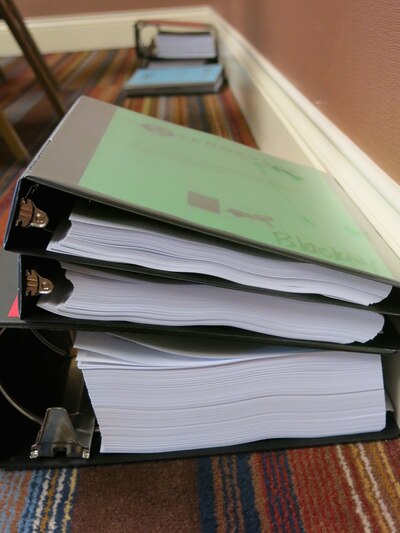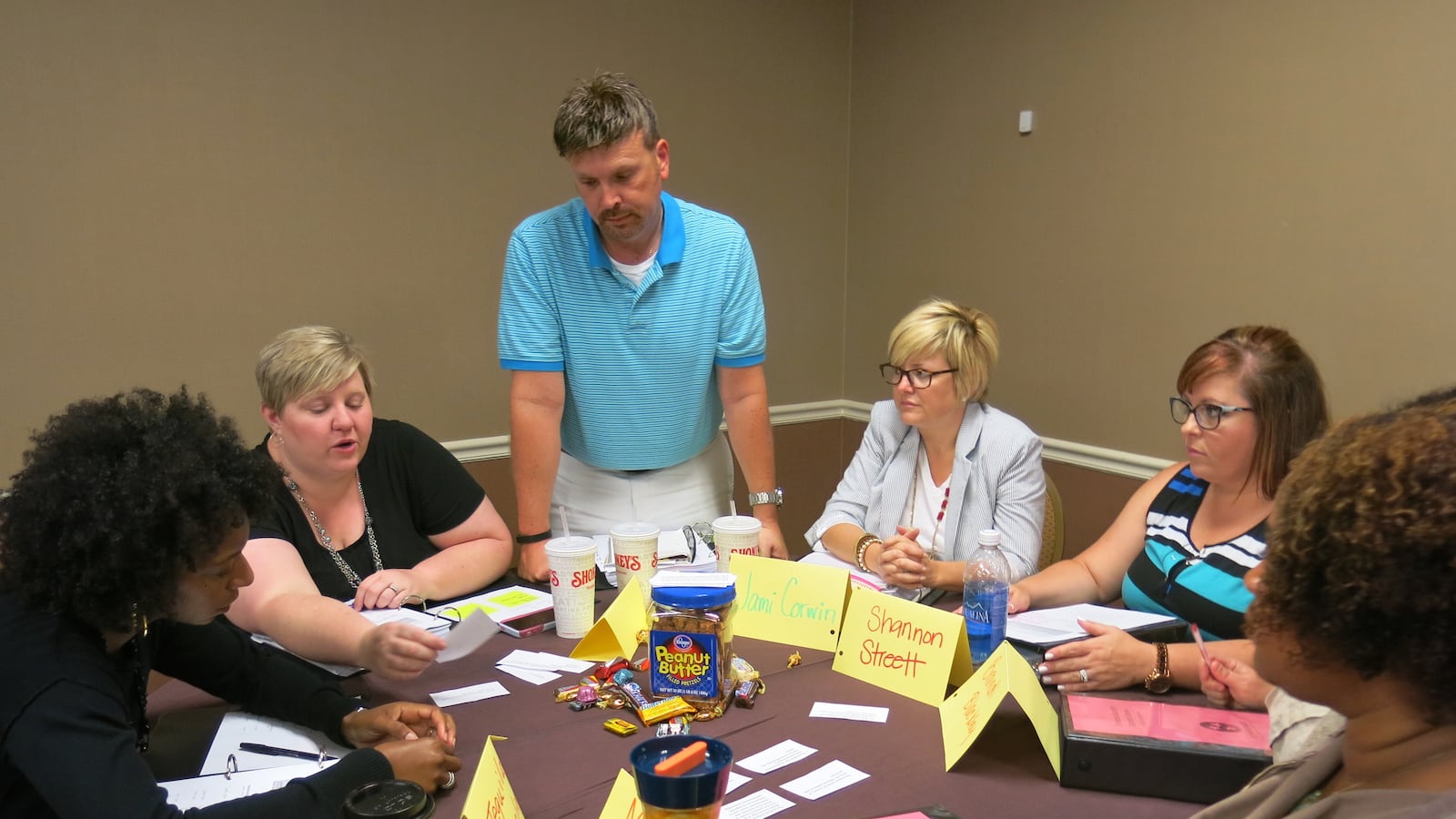After more than a year of debate and a six-month public review of the Common Core State Standards, a 42-member committee of educators from across the state set to work Wednesday, tasked with weeding through 4,000 pages of feedback and drafting a new set of academic standards that are more Tennessee-specific.
“Let the fun begin!” said State Board of Education Director Sara Heyburn in opening remarks to the State Standards Review Committee, which convened in Nashville.
The panel, which includes teachers and administrators appointed last October by the State Board of Education, will recommend revisions to the state’s math and English language arts standards. The revised standards will be reviewed by a separate committee appointed by state legislative leaders and, eventually, members of the Standards Review Committee will incorporate their feedback and another public review into final standards sent to the State Board of Education, which is expected to adopt them for the 2017-18 school year.
The kickoff session, complete with introductions and ice-breaking exercises, launched a five-day marathon of opening meetings. Nervous energy filled the air. No one expected to get much sleep.
“I don’t know about you, but I’m a little nervous,” said Joseph Jones, district math coordinator for Cheatham County Schools, to fellow members. “I understand it’s somewhat controversial, what we’re working on, so you know, it makes me a little nervous. But, that being said, I’m confident we have good people.”
Other meetings will be held throughout the year — in person and by video and phone conferencing — until the committee’s work is complete.
Common Core is a set of academic benchmarks for math and language arts that were adopted in 2010 by the Tennessee Board of Education and fully implemented in Tennessee classrooms by the 2013-14 school year.
Gov. Bill Haslam, who made the rollout of the Common Core a lynchpin of his first-term education agenda, ordered a review of the standards last October amid rumblings from lawmakers of repealing them, less than two years after they were fully implemented and one year shy of rolling out a new standards-aligned assessment.
Although Tennessee has typically reviewed standards about every six years, the rigor of this year’s process is unprecedented.

Leaders overseeing the opening session emphasized the importance of respecting and incorporating public feedback into the revisions.
“People are really interested in this work, and we want to make sure we give it the attention and weight that deserves,” said Laura Encalade, director of policy and research for the State Board of Education.
“We want to be sure that . . . when we leave (Sunday), we will have wrapped our heads around the data so we can move forward and make decisions that respect the people who took time time to participate in this really intensive review,” said Susan Dold, a literacy adviser with Shelby County Schools.
Most participants in the online review, which was open to any resident of Tennessee, were teachers. Despite sometimes contentious debate of the standards in the legislature, the state’s preliminary report showed that most participants want to keep most of the standards in place.
Committee members discussed what makes a good standard and did activities to prepare them for the difficult task ahead. Cathey Dickey, a first-grade teacher with Greeneville City Schools, described the ideal standard as something that’s “attainable for students, useable for teachers and understandable for parents.”
Committee members were selected by the State Board of Education based on recommendations from their superintendents and participation in TNCORE professional development trainings. Each will receive $3,700 for their service.
The 12-member legislative review panel will be appointed during the summer by the governor, House Speaker Beth Harwell and Lt. Gov. Ron Ramsey.
But Heyburn said work by the committee of educators “is really the heart of the process.”
The system of review was put into law in April, and also will be used for social studies and science teachers.

